Northern Ireland Seabird Report 2018
Published: March 2019
Publisher: British Trust for Ornithology Pages: 76pp
ISBN: 978-1-912642-03-8
Download article 2.51 MB application/pdf
Data on breeding abundance – the number of breeding pairs or individuals – provide a medium to long term measure of how populations are faring. Data on breeding success/productivity – the number of chicks fledged per breeding pair – are regarded as short term or more immediate measure of population status.
Studies at four key sites (Isle of May, Canna, Fair Isle and Skomer) provide information on adult survival, diet, phenology used to help to diagnose the changes in abundance. Additional information on survival rates at other sites is collected through the BTO’s Retrapping for Adult Survival (RAS) scheme (Horswill et al. 2016), although there are no current RAS sites in Northern Ireland.
The SMP generates annual indices of abundance and breeding success from these data which are expressed as a percentage of the population recorded at sites in 1986 when standardised monitoring began (JNCC 2016). Where possible trends are given at the scale of the UK or country level, but where coverage is only possible at individual sites, the indices are shown at the site level. The SMP is a vital programme for monitoring seabird population trends between the full national censuses.
Notes
This report is the published outcome of the work of the Northern Ireland Seabird Network – a network of volunteers, researchers and organisations – coordinated by the BTO Seabird Coordinator, and funded by NIEA.
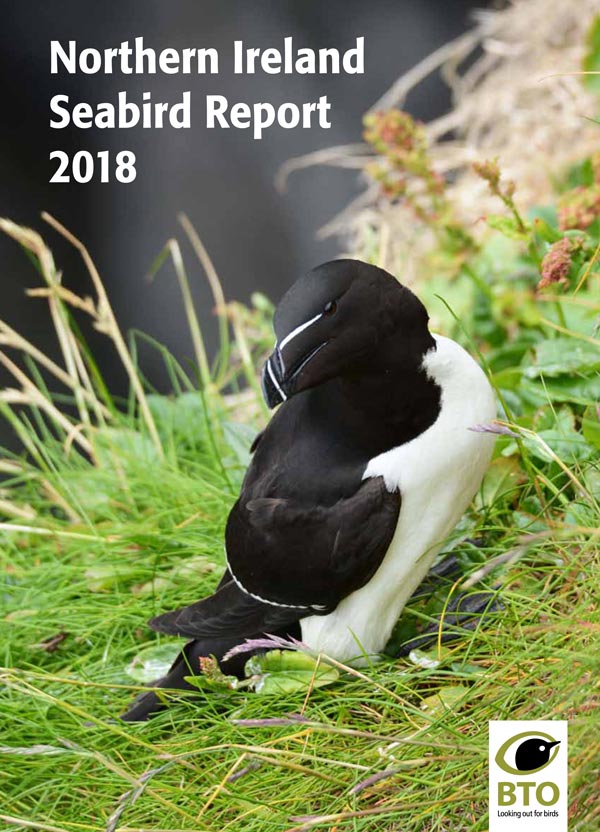

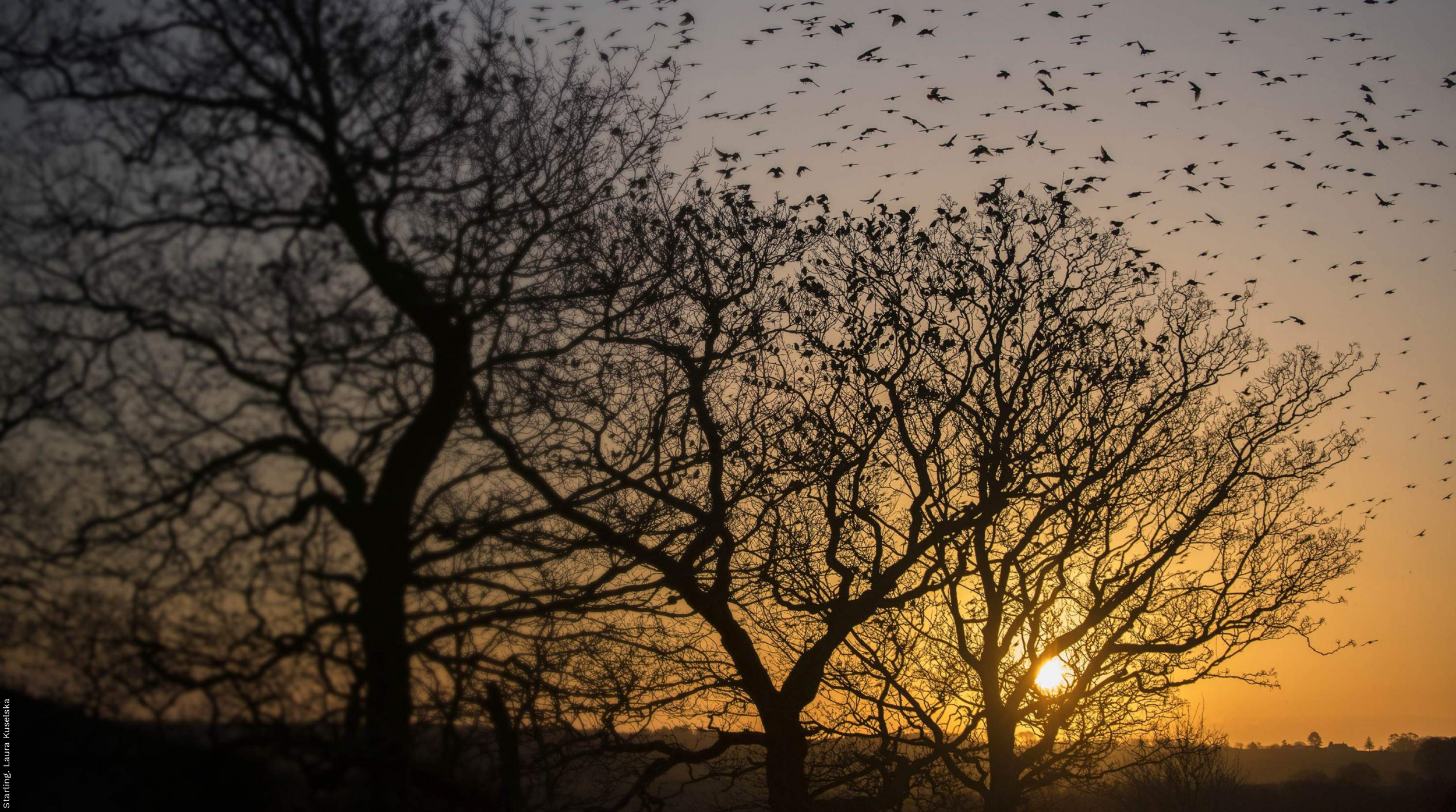
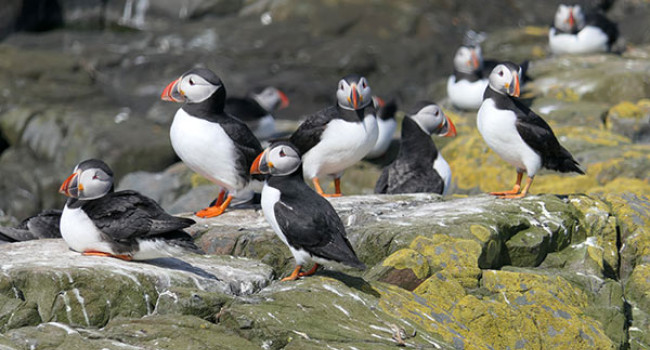
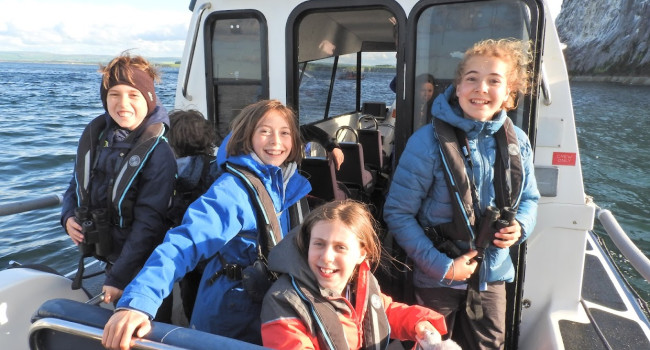
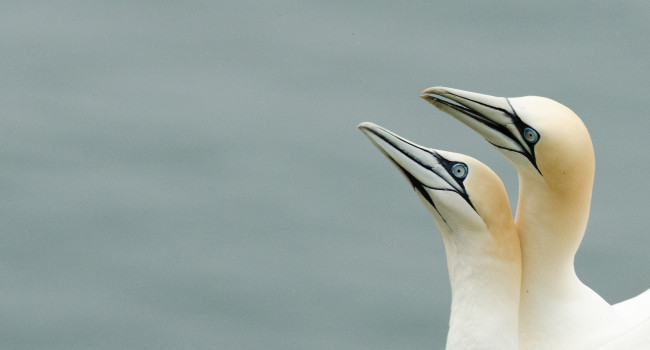

Share this page